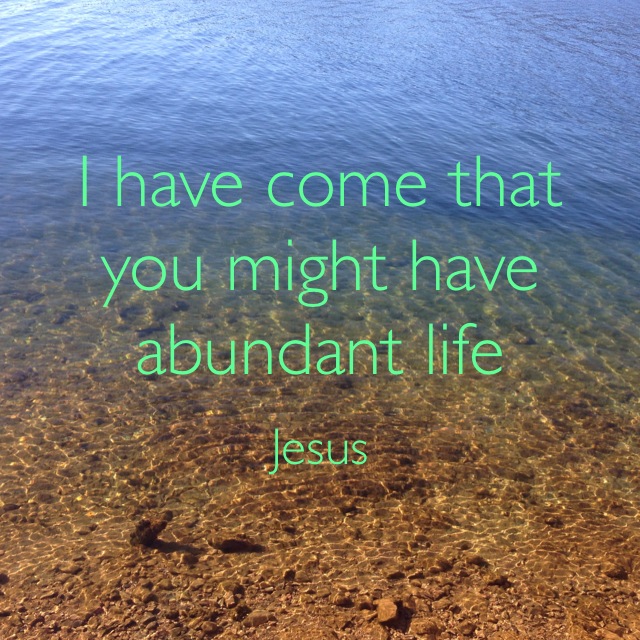How many of you have ever edited a picture before putting it online?
The way of online culture is that we are able to be selective in how we present ourselves to the world.
We post pictures of outings with our family, smiling and being generally adorable, but we don’t take pictures when everyone is tired and crabby and someone is crying.
Be honest, when is the last time you posted a picture of your kid being anything but adorable or your own life being completely put together?
Real life is more than that.
We do this off line too –
We see someone we know, either here at church or out of context, at Target or the grocery store, and conversation usually goes something like this:
Hi, how are you?
I’m good, how are you?
Good.
Good.
(sometimes we might say busy, but my thoughts on why busy is not an answer to how are you is a sermon for another day)
We just say good.
Everything is always good.
Even if everything is not good.
Even if we’re not good.
Even if things are actually bad. Falling apart. If we’re barely holding it together.
We still say – Good.
All three of today’s Bible texts had one thing in common – they were about being together.
As we’ve been planning the fall one theme has come up over and over again, and that is why church?
For me, this is answered in that word – together.
But not just being together, but being real together.
It’s about being not good together.
Because sometimes things ARE good.
But sometimes they aren’t.
And we need a place where we can be real together, be vulnerable together, and share together how our life isn’t going the way we thought it was going to go and how that’s not ok and how we don’t get it and we’re mad at God and we need people to sit with us and say yeah – me too.
Glennon Quote:
https://www.instagram.com/p/BKD5A2cgw6V/
“We can choose to be perfect and admired or to be real and loved. We must decide. If we choose to be perfect and admired we must send our representatives out to live our lives. If we choose to be real and loved, we must send out our true, tender selves. That’s the only way. Because to be loved, we have to be known. If we choose to introduce our true selves to anyone, we will get hurt. But we will be hurt either way. There is pain in hiding and pain outside of hiding. The pain outside is better, because nothing hurts as bad as not being known.”
To be loved, she says, we have to be known.
And, I’d venture to say that when we know each other, the real each other, and not just what we share on instagram and facebook but the “real life here’s who I am knowing” – it’s too hard to put people into categories and divide ourselves by who we agree with and who we don’t.
When we show up together, when we are real together, it makes us unique.
Because this is not how the world works anymore.
But here, in this community of faith, when we gather together, any time we gather together, something happens.
The Hebrews text was read at our last Ask the Pastors two weeks ago, and it was a good reminder of what it means to be in the community of faith.
As people who have been washed with pure water – that is, baptized – we hold fast to the promises of God, the one who keeps his promises.
And, as the Apostle Paul says, we do this by meeting with each other, provoking each other to love, and to encourage each other.
What an amazing picture of what it means to be the church.
Any time we gather, we have an opportunity to be real with each other.
Really real.
In the Gospel text today, when Jesus was nearing the end of his life, when he knew what was coming in the night ahead – he gathered his friends around a table, and broke bread, and they ate together.
And then, as they left their meal together, he brought them along with him. He didn’t say I’ve got this. He didn’t say he could do it on his own, he didn’t say he was good.
He said “my soul is overwhelmed with sorrow”
He was honest.
Real.
And even though his disciples didn’t know what to say in return, and even though they didn’t handle it in the best way (I mean, some of them did fall asleep), Jesus reminds us that there isn’t anything we have to do by ourselves. Jesus breaks bread with them anyway. Jesus dies for them anyway.
This is what we get to do together here at church.
We gather around a table, all of us, old and young, black and white, republican and democrat, happy and grieving, healthy and sick… all of us, and together we break bread, share a meal, and get real.
Where else does this happen?
Where else can you go and stand side by side with someone who doesn’t agree with you and together receive this unwarranted grace?
Nowhere.
God welcomes all of us to this table.
No matter how broken.
No matter what we believe.
Not matter what you’re going through.
No matter how real you’ve been.
God knows the real you – and invites you, the real you here.
Jesus said that where two or more come together in his name then he is present. That doesn’t mean Jesus isn’t present when we’re by ourselves but that coming together does something that being by ourselves cannot do. So we come together, and we do life together.
Real. Life.
And God meets us there.
A little while ago, a POP member wrote a post about getting real with each other on her facebook page and with her permission I’d like to share it with you here. She said:
I had forgotten how powerful it is to witness someone’s story. Too often we just answer “fine” to “how are you?” but imagine the healing that could happen if we all started sharing a bit more of what’s really going on – the good, the bad and the painful. – Lindsey Weiler
For the last month or so, you’ve heard us talk about GroupLife in announcements.
You’ve heard both Chad and I talk about why you should sign up for a Group.
And maybe you’ve thought that you don’t have time, or that this isn’t for you, or that you don’t know anyone so it’s scary. And yes, all of those might be true.
But what I do know, is that what being a part of a Group can do for you and your faith is powerful stuff. When we bring our real, true, honest, broken selves to each other, things happen that just don’t happen anywhere else in this world.
And I want you to be a part of it.
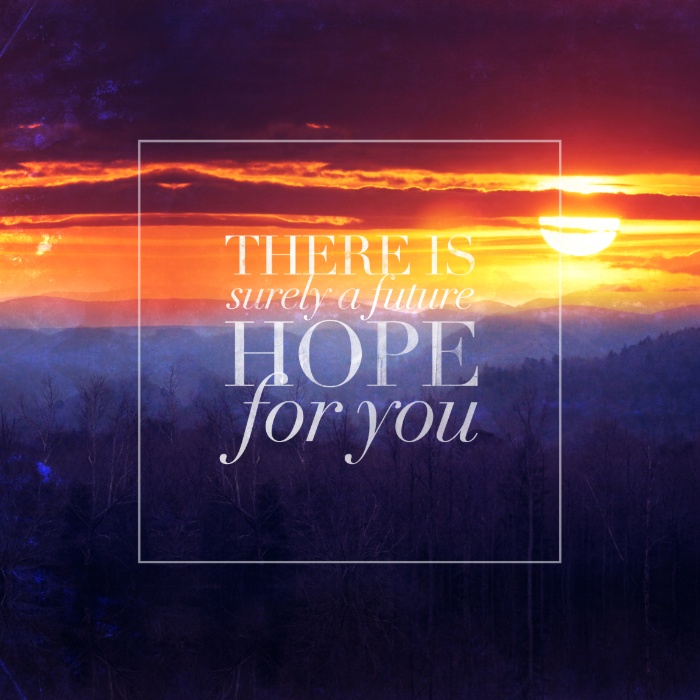
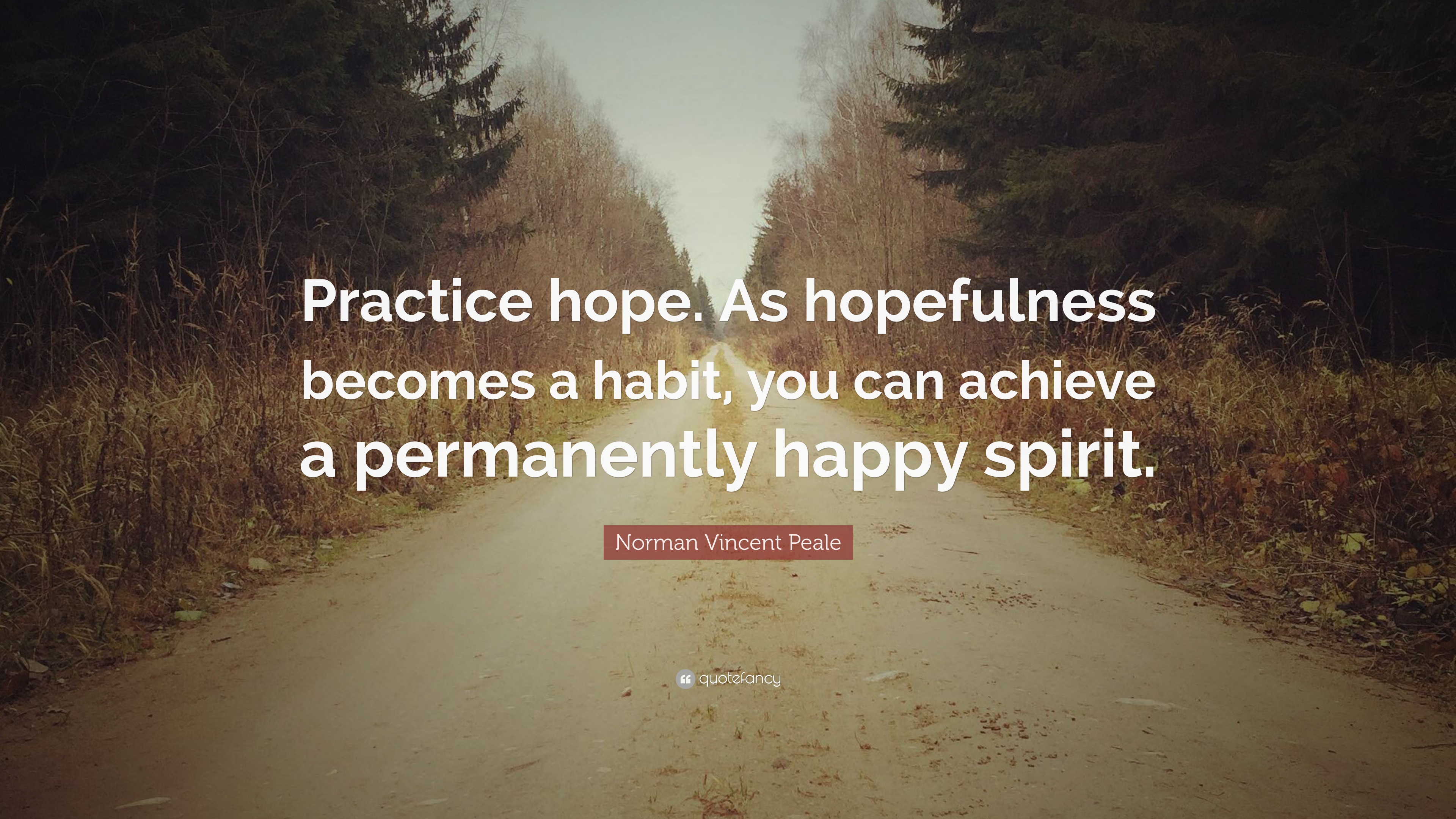
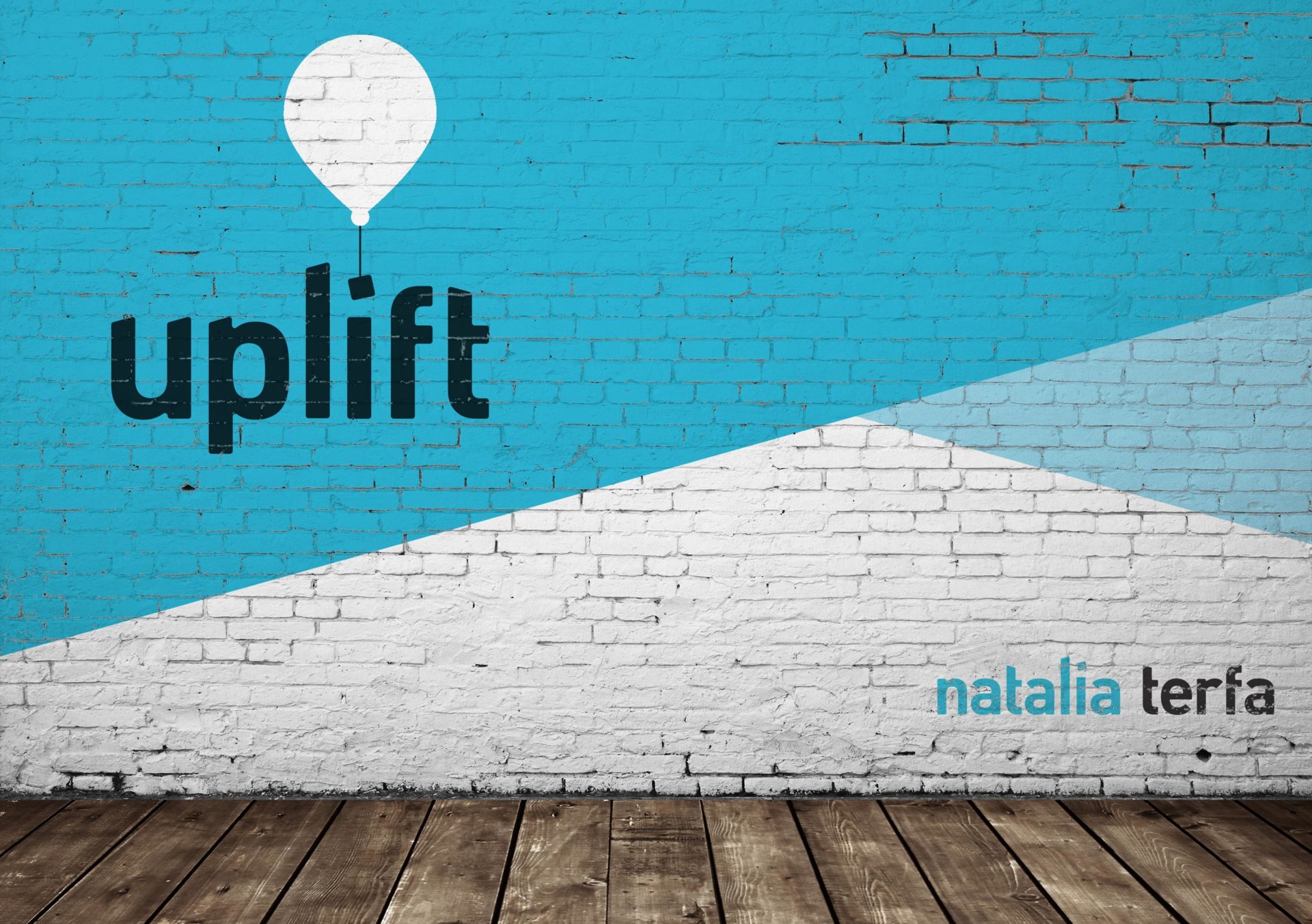



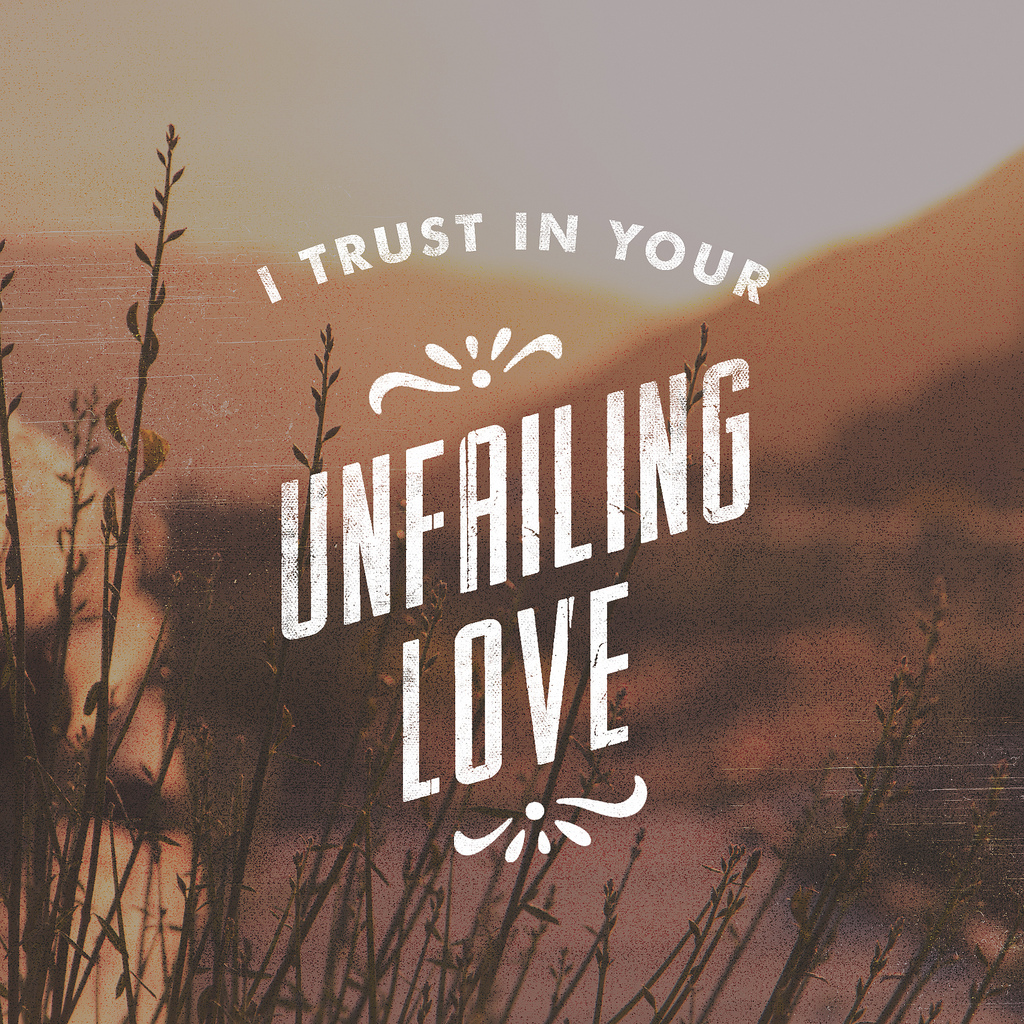





 een doing a lot of reading on grief lately.
een doing a lot of reading on grief lately.
